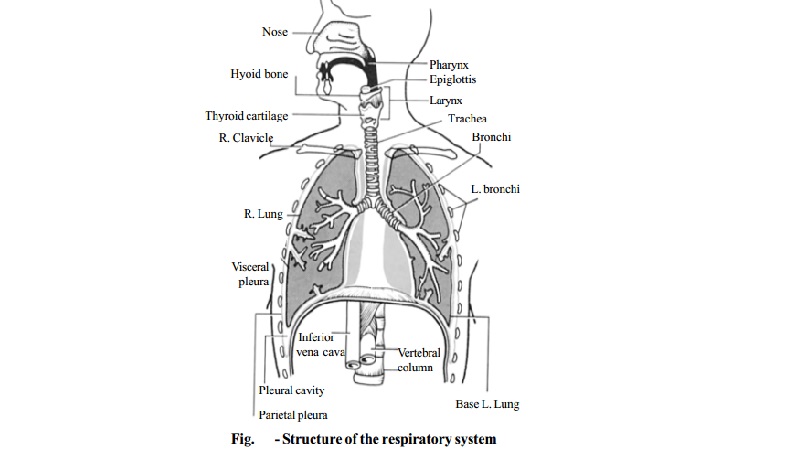Chapter: 11th 12th std standard Home Science Maintain Basic Knowledge for family life Higher secondary school College
How to determine the respiration rate

Respiration rate
Aim : To determine the respiration rate.
Apparatus : Stop clock.
Procedure
The subject was allowed to read quietly for about 5 minutes. Then the observer counted the number of respirations per minute for three minutes.
The subject was made to run until 'out of breath' and then was allowed to sit down. The observer then counted the number of respirations per minute for three minutes.
Observation
Respiration Rate Vs Respiration rate after exercise
1.
2.
3..
Average : (For Both - Respiration Rate and Respiration rate after exercise )
Theory Notes : -
Physiology of Respiration
We breathe continuously from birth to death, day and night, in health and disease. Respiration may be defined as the mechanical process of breathing in and out, a function which involves both the respiratory system and the muscles of the respiration. The 2 phases of breathing are (1) Inhalation -during which the air is drawn into the lungs (2) Exhalation - which refers to the expulsion of air from the alveoli.
Inhalation
The diaphragm when relaxed is a flattened dome-shaped structure pointing upwards to the lungs. During the process of inhalation it contracts, it flattens, pulls down the thorax, increases the volume of the thorax, and thus decreases the atmospheric pressure in the lungs. This causes air to rush in during inspiration.
Exhalation
During the process of exhalation, the diaphragm relaxes, the thorax is pushed up, the volume decreases and the atmospheric pressure increases and air rushes out of the lungs.
The inspired air which contains oxygen passes down into the billions of minute air chambers or air cells known as alveoli which have very thin walls. Around these walls are the capillaries of the pulmonary system.
It is at this point that the fresh air gives off its oxygen to the blood and takes carbon-dioxide from the blood by diffusion which is then expelled with the expired air.
Exchange of gases
The interchange of gases in the lungs occurs between the blood in the capillary network surrounding the alveoli & the air in the alveoli. The total pressure exerted on the walls of the alveoli by the mixture of gases is the same as atmospheric pressure i.e. 760 mm Hg. Each gas is the mixture of gases such as O2, N2, CO2 & inert gases exert their individual partial pressures.
The partial pressure of oxygen in the alveoli is higher than deoxygenated blood in the capillaries of the pulmonary arteries. Since gases diffuse from an area of high concentration to one of lower concentration, the movement of oxygen is from alveoli to blood. For CO2 the reverse occurs. The partial pressure is higher in deoxygenated blood than in alveolar air, so CO2 passes across the walls of the capillaries and the alveoli into alveolar air.
Respiratory Rates
In adults, the respiratory rate is 14 to 18 times per minute. Children have a higher respiratory rate. Thus the respiratory rate of a new born is about 60 times per minute and that of a 6 year old child is 25 times per minute. At any age, the respiratory rate is 4.5 times lower than the heart rate. The term hyperpnoea means overbreathing due to abnormally rapid respiratory movement. Apnoea means a temporary cessation of breathing. The depth and rate of breathing are influenced by numerous factors such as emotional or mental state, changes in blood chemistry, physical fitness, metabolic rate etc., In some fevers, the respiratory rate increases in direct proportion to the increase of temperature.
Related Topics